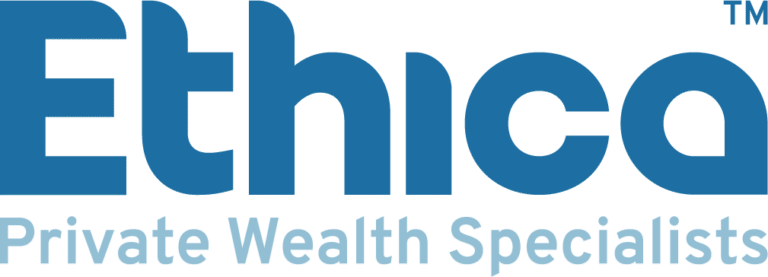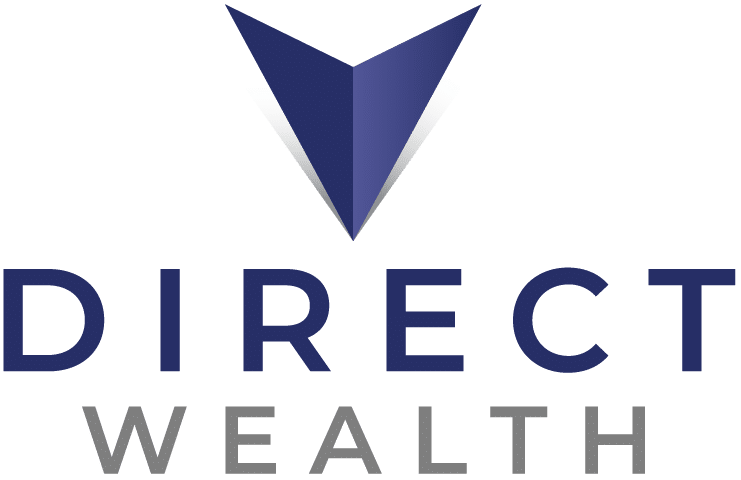

Ethica Private Wealth Specialists has merged with Direct Wealth
We are excited to announce that Ethica Private Wealth Specialists has joined forces with Direct Wealth, a leading financial advisory firm. As part of this transition, we have decided to consolidate our services under the Direct Wealth brand. Effective immediately, all Ethica Private Wealth Specialists customers will be seamlessly transitioned to Direct Wealth, where you will continue to receive the same exceptional level of personalised care and expertise that you have come to expect.
Our dedicated team at Direct Wealth is committed to providing you with comprehensive financial solutions and guiding you towards a prosperous future. We are excited about this opportunity to serve you better and look forward to continuing our partnership with you as part of the Direct Wealth family.